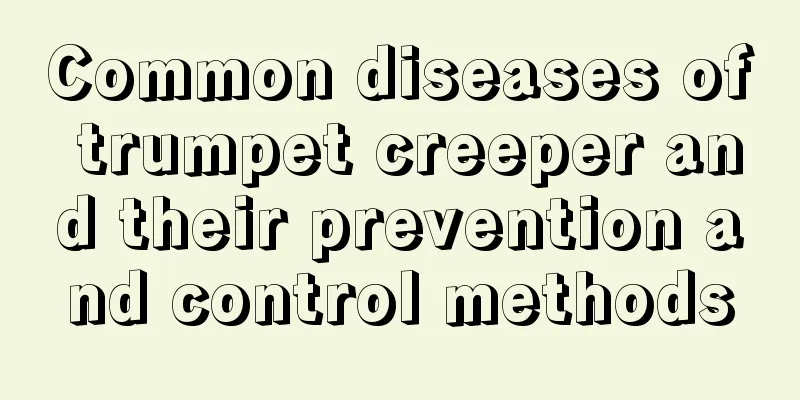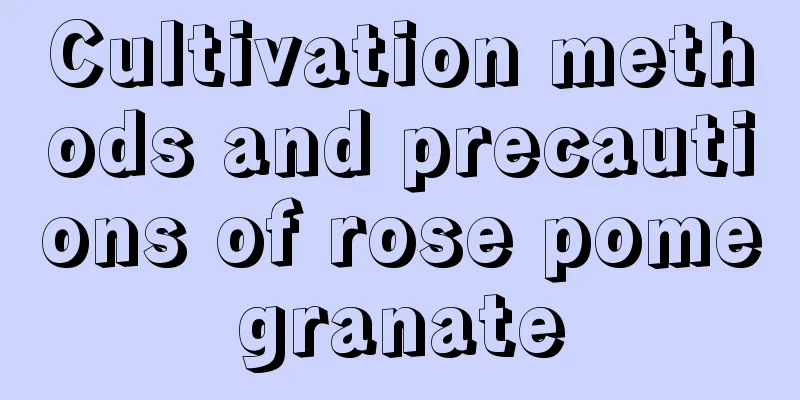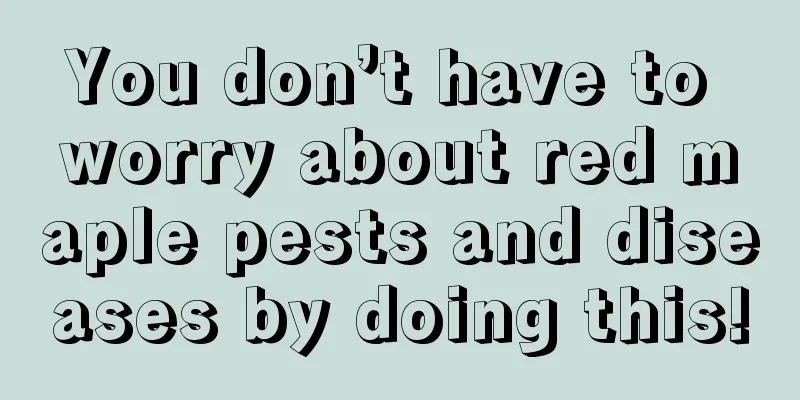Common diseases of trumpet creeper and their prevention and control methods

Botrytis cinereaSymptomsGray mold often occurs in rainy weather, or when too much nitrogen fertilizer is applied and there is insufficient light. When the disease occurs, water-like spots will appear on the affected parts. If not promptly controlled, they will gradually expand, become rotten, and gray mycelium will appear. In severe cases, the plant will die. Prevention and treatment methodsOnce discovered, spray 65% Zineb or Carbendazim in time, once every 7 to 10 days, and spray 3 to 4 times continuously. Pay attention to regular ventilation to ensure normal growth of the plants and improve their disease resistance. After the disease occurs, clean up the diseased leaves and plants in time to reduce the source of infection. Powdery mildew of trumpet creeperSymptomsPowdery mildew mainly harms the stems, leaves and flower buds of plants. After becoming sick, a layer of white powder will appear on the surface. In severe cases, the leaves will gradually wilt, and the flowers will become less and smaller. Prevention and treatment methodsPay attention to ventilation and light transmission at ordinary times, do not place the plants in a stuffy environment, and apply more phosphorus and potassium fertilizers to improve the plant's disease resistance. Spray the pesticide promptly after the disease occurs. Choose 2500 times diluted oxycarboxin or other suitable pesticides. Spray once every 10 days, and spray continuously 2 to 3 times. Trumpet creeper root rotSymptomsThe disease mainly occurs in the hot summer. Please note that it is caused by excessive watering, which leads to root rot, yellowing of branches and leaves, and in severe cases, death of the entire plant. Prevention and treatment methodsAfter the disease occurs, promptly water the soil around the roots with 300 times thiram solution. At the same time, pay attention to timely ventilation, cooling, and appropriate watering to ensure that the potting soil is moist but not waterlogged. |
<<: Disease prevention and control methods of kumquat
>>: Common diseases and pests of Scutellaria barbata and their control
Recommend
How often should you water the Peace Lily?
How often should you water Spathiphyllum? Spathip...
Prevention and control methods of the ten most common corn diseases
In addition to being edible, corn is also an exce...
What medicine to use for camellia leaf spots
1. Anthrax Symptoms: This is one of the main dise...
Can the tower pine be planted at the doorstep?
Can the tower pine be planted at the doorstep? Th...
What kind of crop is tea? Is it an economic crop?
What kind of crop is tea? Tea belongs to the Came...
The propagation technology of nail orchid
There are only two ways to propagate Nail Orchid:...
Why do we see dry and wet
1. Why The method of watering when the soil is dr...
How to grow lilies?
There are many kinds of bulb flowers, such as lil...
Water taro planting time and method cultivation technology and management
Water taro planting time The planting time of wat...
What are the cultivation methods and precautions for rose potted plants?
Rose Introduction Roses belong to the Rosaceae fa...
Still letting these horrible things stay in your home? Beware of cancer
Chlorophytum Chlorophytum is a beautiful and easy...
When and how long does it take to harvest green radish?
Green radish harvest time Green radish is best ha...
How to make dried eucalyptus leaves
1. Use the hanging air drying method Air drying i...
Sweet potato potted planting method Home soilless sweet potato cultivation method
Flowers and plants can decorate your home and bal...
What are the benefits of ridge cultivation of sweet potatoes (reasons why ridge cultivation is beneficial to the growth of sweet potatoes)
It is the sweet potato planting season again. The...









